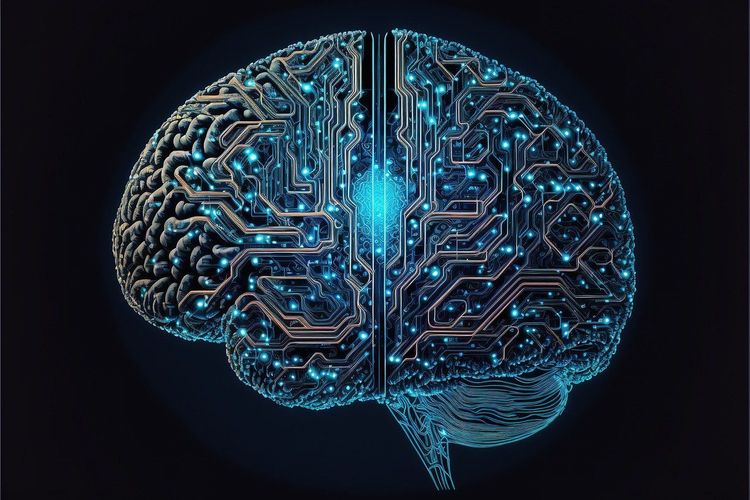OpenAI is set to launch the GPT Store next week, a dedicated platform for custom applications created using its text-generating AI models like GPT-4.
In a recent email, OpenAI informed developers that those wishing to list their GPTs in the GPT Store must first review the company's updated usage policies and brand guidelines to ensure compliance. Additionally, developers need to verify their user profiles and publish their GPTs publicly.
The GPT Store was originally announced at OpenAI’s inaugural developer conference, DevDay, last year. However, its launch was postponed in December, likely due to a leadership crisis in November. During that time, CEO Sam Altman was ousted by the board but was reinstated after substantial pushback from investors and employees, along with the formation of a new board.
One of the key advantages of GPTs is that they do not require any coding experience. Developers can create simple or highly complex chatbots tailored to their needs. For instance, a GPT could be designed to provide answers about recipe ingredients, drawing from a curated collection of cookbooks. Alternatively, a GPT might be trained on a company's proprietary codebases, offering developers tools for code style checks and compliance with best practices.
Since the announcement of DevDay, developers have had the ability to create and share GPTs directly through the ChatGPT website, though public listings were not previously available.
It remains uncertain whether the GPT Store will incorporate a revenue-sharing model. As of November, both Altman and CTO Mira Murati indicated that a definitive plan for GPT monetization had not yet been established. The recent communication regarding the store launch did not clarify potential payment structures for developers either. An OpenAI spokesperson indicated that more information will be shared next week.
OpenAI’s evolution from an AI model provider to a platform is noteworthy, although not entirely surprising. The company hinted at these ambitions in March with the introduction of plug-ins for ChatGPT, which allowed third-party integration into its model ecosystem.
With the introduction of GPTs, generative AI app development is becoming more accessible, potentially disrupting consultancies that specialize in creating similar AI solutions for clients. Whether this shift is beneficial remains open to debate, and its implications will become clearer with time.







